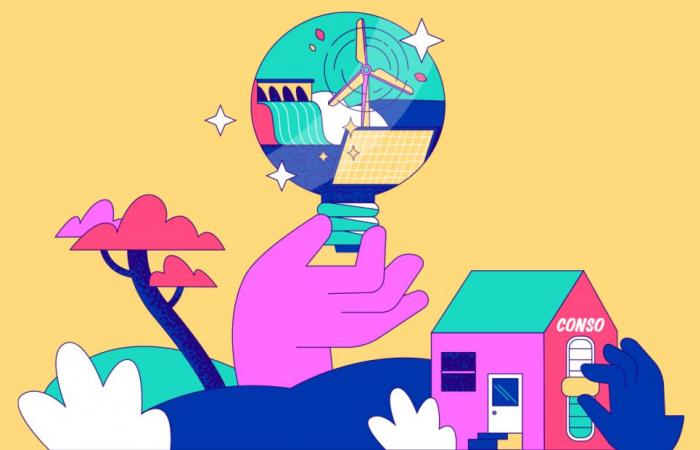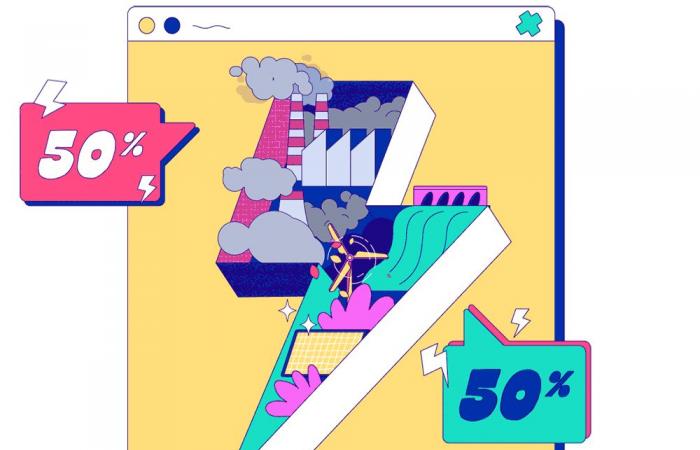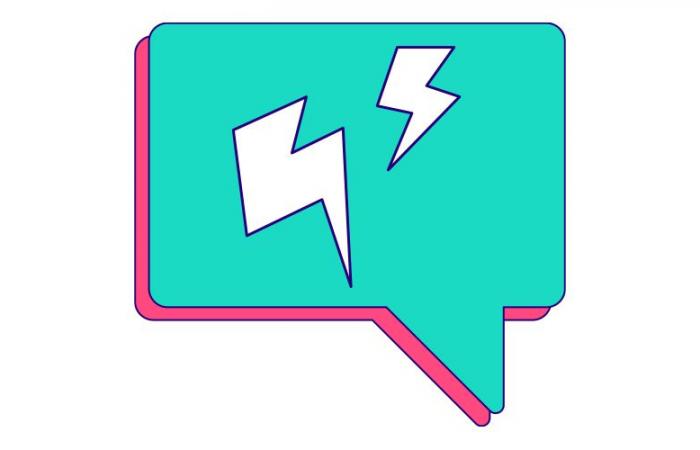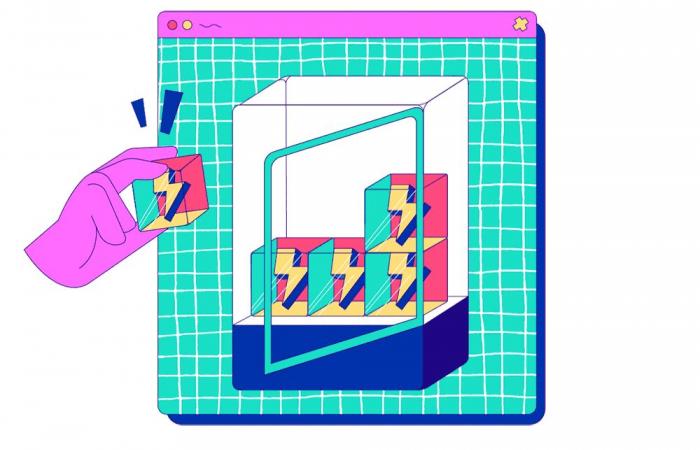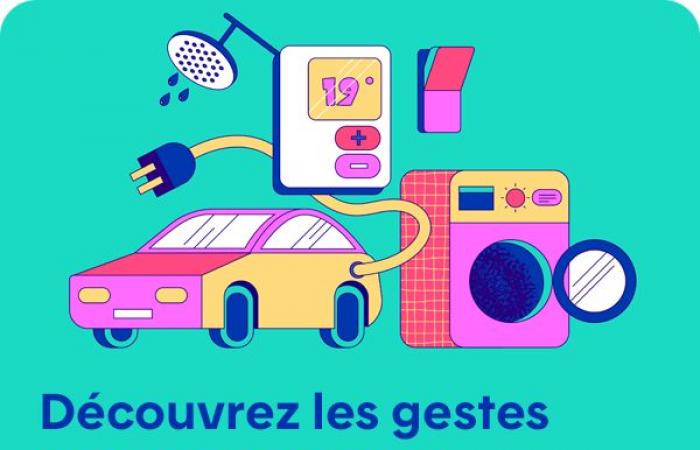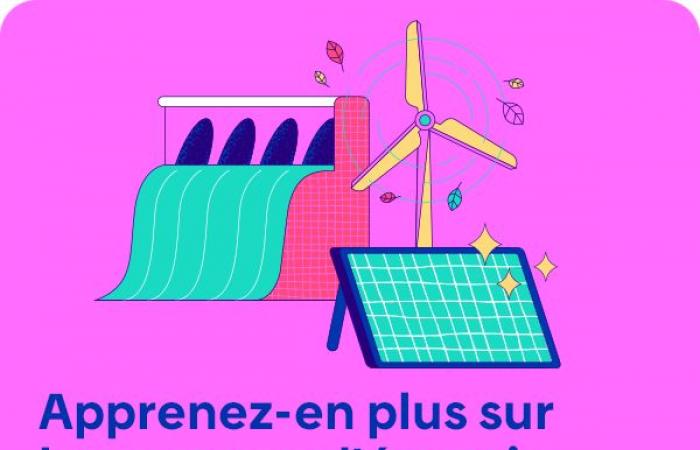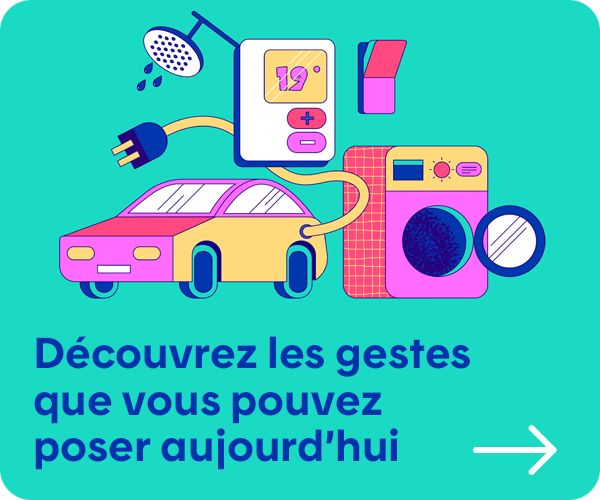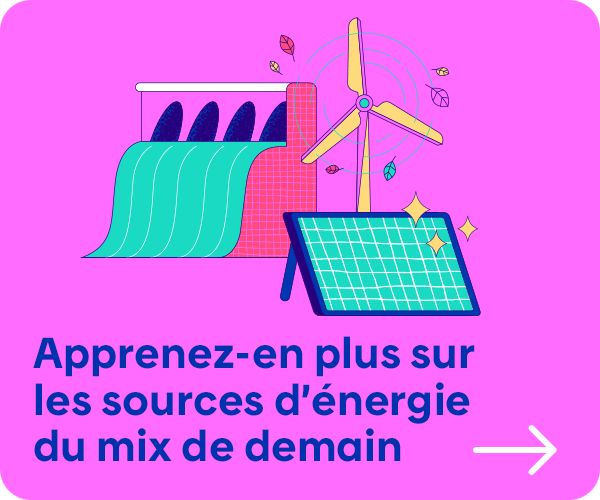As we begin to measure the impact of climate change, we must review our habits in order to reduce our carbon footprint.
This is all the more true since, surprisingly, we still consume a lot of polluting energy which must be replaced by clean energy if we want to achieve our decarbonization objectives.
Follow us as we shed light on the myths about our energy and the real reasons behind the need to produce more clean energy… and use it better.
Production versus consumption
In Quebec, we are lucky! Thanks to the visionary spirit of previous generations, we have equipped ourselves with a hydroelectricity production system that allows us to benefit from an important source of clean energy.
But that doesn’t mean that all the energy we consume is.
In your opinion, what proportion of clean energy is consumed in Quebec?
100 % / 75 % / 50 %?
Yes, yes, more than half of the energy consumed in Quebec is polluting. Does that surprise you?
This is normal, since the energy produced by hydroelectric plants is clean, renewable and affordable.
But the energy we consume on a daily basis is not just electrical. The transportation sector offers a good example: even if Quebec is one of the Canadian champions in the adoption of electric cars, the majority of the vehicle fleet (cars and trucks) still runs on gasoline.
You should also know that our schools, hospitals and other large buildings are heated with natural gas and oil.
In short, it is true that electricity produced in Quebec is clean (hydroelectric, solar and wind), but it currently covers less than half of the consumption total energy in Quebec.
To replace the 50% of polluting energy consumed and contribute to the fight against climate change, we need more clean electricity.
This is what we mean when we talk about decarbonizing Quebec.
The replacement of fossil fuels is essential to allow Quebec to achieve the target to which it committed under the Paris Climate Agreement: reducing our emissions by 80% to 95% by 2050.
To achieve this, the entire Quebec population must act now.
When we drive our gasoline-powered vehicles, run fossil fuel-powered appliances (like a propane stove), or use wood for fuel, it leaves a mark.
Our individual behaviors have real impacts on the scale of our province and the planet (the effect of GHGs does not respect borders!). We can change things.
We can consume better without it having an impact on our comfort while reducing our electricity bill.
We are, in a sense, entering a new energy era, one that requires us to rethink what we took for granted about energy.

Demystifying the new energy reality
Climate change is no longer a theoretical possibility. Everyone witnesses episodes of extreme weather, snowless winters and temperature records broken year after year. An observation which encourages action, but also to dispel certain misunderstandings which persist in relation to our electricity.
Where have Hydro-Québec’s surpluses gone?
Hydro-Québec is coming out of a period of surplus, meaning that the state-owned company was able, in recent years, to produce more electricity than was necessary to meet all needs of the Quebec population.
The situation has changed: to decarbonize our economy and replace gasoline, gas and fossil fuels, we will need more clean electricity. Concretely, we must succeed in producing 9,000 “new” megawatts (MW) by 2035, thanks to the energy mix of tomorrow.
Can Hydro-Québec store energy for use during peak periods?
Electricity cannot be stored that simply; what is produced on the network is at all times equal to what is consumed. However, we can count on 28 reservoirs located in some of our power stations to store the water used to produce hydroelectricity. That said, the battery energy storage market is constantly evolving.
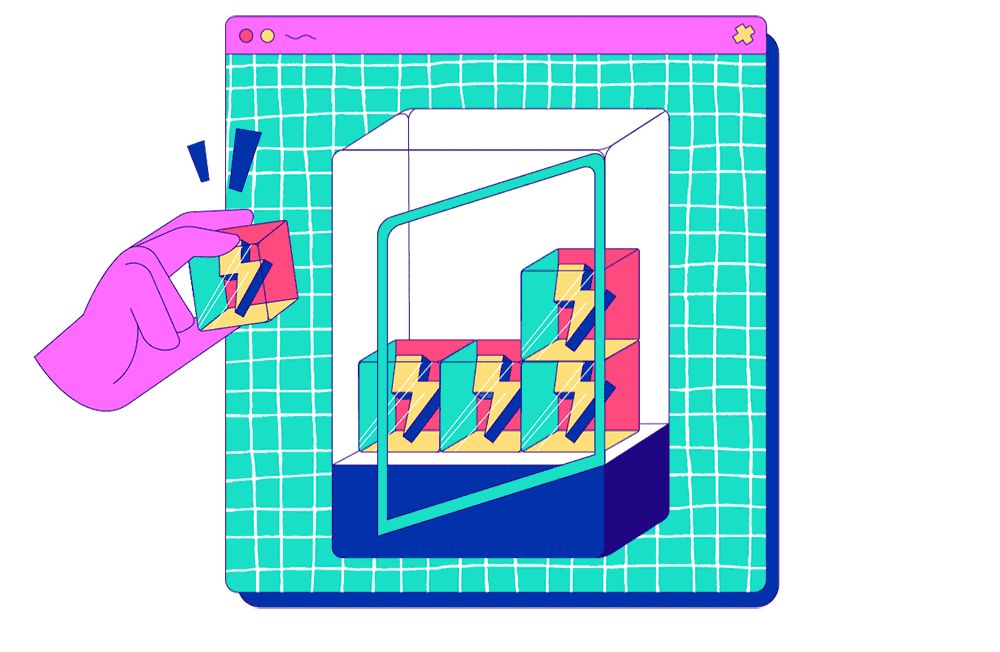
Why is Hydro-Québec encouraging the shift towards electric transportation?
Transport is an area where we can considerably reduce our carbon footprint, since we are one of the only countries where electric motors will be entirely powered by renewable energy.
We must keep in mind that as the arrival of electric vehicles on our network occurs gradually, Hydro-Québec will be able to adapt to them. Since the main charging of an electric vehicle can be done at night at home, during periods of lower consumption, the state-owned company has the means to manage this power demand.
Quebec’s next major societal project consists of decarbonizing activities while creating wealth. This requires the adoption of concrete actions by households, public institutions and businesses.

